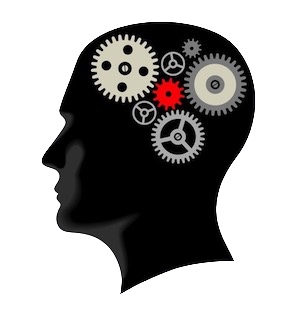What is Understanding?
 Humans can understand and comprehend things like situations, messages, objects, other people, etc. They can think by applying concepts and reasoning, and by doing so can intelligently interact with the world. Some animals also show intelligence, but their level of understanding is much less than humans. But what does it mean to understand something? Can a machine ever understand something?
Humans can understand and comprehend things like situations, messages, objects, other people, etc. They can think by applying concepts and reasoning, and by doing so can intelligently interact with the world. Some animals also show intelligence, but their level of understanding is much less than humans. But what does it mean to understand something? Can a machine ever understand something?
Like how calculators do math without understanding, so can learning happen without understanding. When a system can react to various inputs and can change how it reacts after a feedback signal. And if over time these changes cause less negative signal, then the system got better at reacting to the input, it has learned. In computer science, we know of many algorithms that can do this.
What is learned is an approximation of the function that scores a reaction against some goal. That might sound redundant, it seems to imply there already exists a solution, but scoring how well a goal was reached is often much easier than actually achieving that goal; specification is easier than implementation. For this kind of learning to work, such a scoring function must exist. And the nature of the problem must be such that small changes towards a solution keep on scoring better.
Using these ideas, we can state what understanding is, namely when a person or a system sets its own goals and can score itself in light of those goals; when neither were pre-programmed nor externally given.
Such understanding can come about in learning systems that are trying to predict the input and predict the feedback by modeling1 the outside world. Much like how our brains2 are wired. A learning system where input is continuous and feedback can come in any time, or never at all. By predicting possible future input, the system can learn from mis-predictions, from surprises. Input can serve as feedback because there is some expectation, some understanding, of the input. By predicting, there can be more than reactions, there can be choices, a weighing of alternative predictions in light of one goal or many goals.

-
At the moment computer science is moving closer to having a computer learn in this way. https://en.wikipedia.org/wiki/Unsupervised_learning ↩
-
“our brains are in essence prediction machines that strive to minimize surprise by recognizing patterns and associating them with other patterns” – https://medium.com/the-spike/generative-predictive-models-f39eb8f10584 ↩